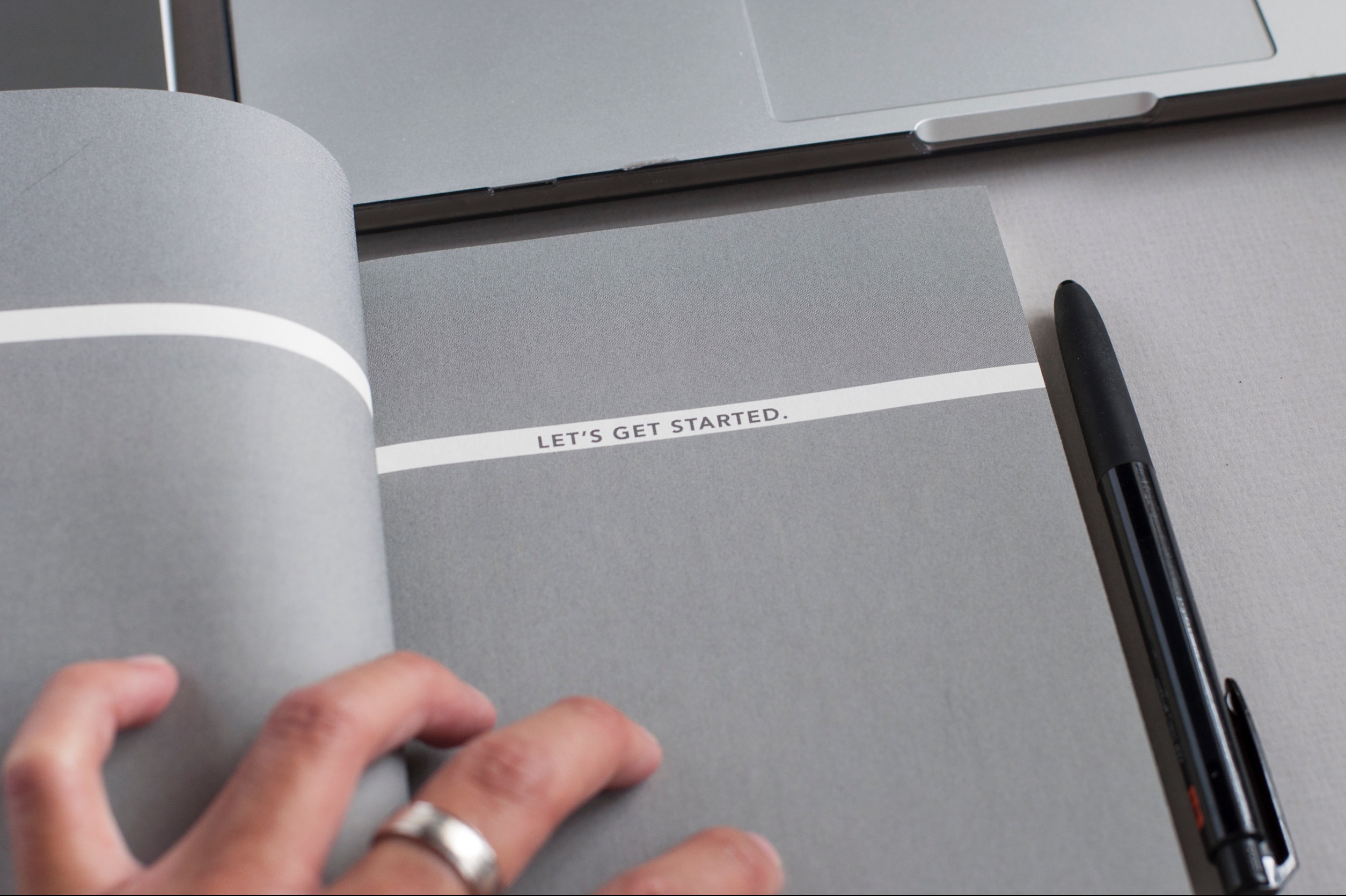Recovery: Where do I start?
When I went to uni aged 18, I was in the midst of my eating disorder. At that point, I had no intention of changing, being in a place where my ED was safe and gave me that false illusion that I was in control of my life. I was fortunate that the other students living in my halls quickly became close friends. Doing a course that I loved with great people around me thrust me into a surprising situation where I was beginning to feel happier. With that, I found myself slowly starting to eat more and my focus on food and body image began to decrease. Brilliant as this was, a big missing piece was processing and understanding my ED; I was kind of in a secondary avoidant stage of my journey.
As we know, changes to our physical health does not equate to a full recovery – our minds are an integral part of getting better. Whilst I was having hours or even days where my ED voice was quieter, it would quickly come screaming at me and result in a period of purging when the other things in my life were quieter. In the Spring of that first university year, I finally made a decision that I didn’t want to keep on living this way. With the help of a flatmate, I threw my laxatives down the toilet and for the first time took a deep breath and I chose recovery.
I think this is one of the biggest steps you can take – choosing life over ED. But there are many steps that now follow, and I was left wondering where do I even start? There is no right or wrong way, but for me on reflection, I did it a little backwards. I tried changing the behaviours before I worked on my mind. This was in part successful, as somehow the restricting, binging and purging significantly reduced, but my self-esteem and body image barely changed.
It was thanks to a couple of my friends that I began to talk more openly about my eating difficulties, and I have to say I think this is powerful for recovery. When you speak it out, you are taking the power back from something that is so secretive, isolating and will back you into a lonely, dark corner any chance it’s got. There was nothing to be ashamed of, and only on occasion did I receive unhelpful responses, which is generally down to a person’s lack of understanding or ignorance, not about me or you.
The open conversation continued when I began to attend a First Steps ED group. I was a little shocked at how much other people ‘got it’, with no need to explain myself or my ED at all. This was another step in my recovery journey. Not only was I feeling less alone, but I actually started to understand my ED and build up coping strategies that I had little luck with so far.
Another big part of recovery for me and many others is finding who you are – not necessarily who you were pre-ED, but what makes you YOU right now. And, what drives you, what is it you are wanting from life? I began engaging in things I enjoyed doing, from studying to hobbies. I would say that building these things up sooner would have been more ideal. Removing the roles your ED plays before you build coping strategies and fill your life with non-ED related things can be risky. If you learn what makes you who you are, and find healthy alternatives, then you are more likely to be able to engage in these instead of the unhealthy parts that existed before.
One thing I wish I understood in those earlier days, is how the ED served me. To know why it ‘helped’, why it made me feel better, why it was such a comfort. I talk about this a lot in my counselling sessions; there are reasons you developed an eating disorder, let’s take the time to see what these were. I find my clients are often able to find compassion for themselves as they realise it was a response to something they didn’t know how else to respond to. Once you can say to this part of you ‘I understand why you came’, you can take the step to say ‘Thanks for trying to help, but I am going to choose to respond in another way’. We’re changing the way we listen to and speak with the ED.
Recovery can feel like an impossible goal. It doesn’t need to be; recovery is a journey, and it is step by step. I never actually consider myself as ‘recovered’; for me, this felt unhelpful, like I’m failing when I experience some of those thoughts. It’s okay that I sometimes have these. I recognise that they come when I am under stress, and I am able to listen to and acknowledge them. From there I have the tools to respond differently to how I have often done in the past. And I can tell you from the bottom of my heart, it is so worth being here.
I am in recovery from an eating disorder. And I choose this life again and again.

Contributed by Rosie Hibberd,
First Steps ED Operations Lead

